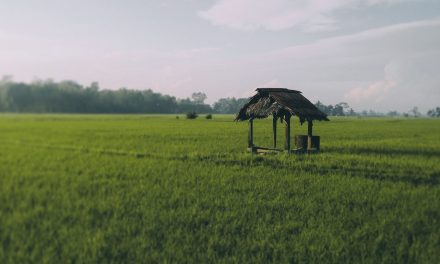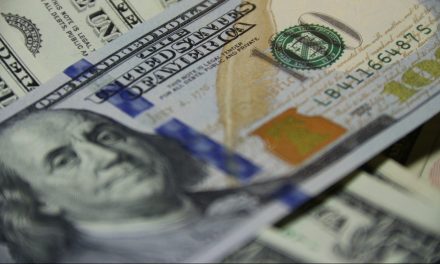Acts 2:42–47: Bountiful Sowing and Reaping
Introduction
In Acts 2:41, Luke told us of the inclusion of three thousand souls who had been added to the company of believers. What will these souls do? How will they operate? What challenges await them? Although the rest of the Book of Acts will narrate the early history of the expansion of the church of Jesus Christ, Luke pauses to give us a brief summary statement of the main emphases of life in the church. What we see here is a vision for the church where people invest themselves heavily—in their time, their talents, and their treasures—and find great blessing from their investment. In this passage, we learn that whoever sows bountifully will reap bountifully (2 Cor. 9:6) in relation to life in the church.
Discussion Questions
1. What does the early church “devote themselves” to doing (v. 42)? What was the “apostles’ teaching,” and where can we find it today? What do you think Luke means by “the fellowship”? What is “the breaking of bread”? What should we understand in “the prayers”? How would you summarize the emphases of the early church in these broad brush strokes? How did the outside world respond (v. 43)?
2. Why do some people think that vv. 44–45 suggest some kind of socialism or communism as the ideal setup of the early church? What does the story of Ananias and Sapphira suggest about the ongoing validity of the principles of private property (Acts 5:4)? How, then, ought we to understand the nature of this generosity? How should we pursue this kind of generosity in the life of the church today?
3. How does the list of vv. 46–47 compare with the list we saw in vv. 42–43? What is similar, and what is different? How is the word behind what the ESV translates as “together” used through the rest of the Book of Acts? What kind of “breaking of bread” do we see here (v. 46)? How does worship characterize the lives of believers here (vv. 46a, 47a)? What kind of effects do the activities of the early church have on the outside world (v. 47b)?
4. What kind of an investment do you make in your local church? What kind of return do you think that you receive from your investment? What kind of a return from your investment should you expect? How does what we see here help us to be patient toward slow and steady investments in ordinary ministry and fellowship within the church? How does the community of the church bless you? How do you bless the community of the church?




